Home - Euclid
Euclid: Exploring the dark universe
Euclid is a space survey mission dedicated to investigate the origin of the accelerating expansion of the Universe and the nature of dark energy, dark matter and gravity. Euclid will map the geometry of the Universe, and reconstruct the evolution of large scale sctructures over the last 10 billion years. Euclid was approved in 2012 as the second Medium Class mission (M2) in the ESA Cosmic Vision Programme. Euclid was launched on 1 July 2023 with a SpaceX Falcon 9 from Cape Canaveral.
The mission is optimised to measure shapes of galaxies, which are distorted by gravitational deflection of light due to dark matter concentrations, and to measure galaxy clustering, that is the non-random distribution of galaxies in the Universe resulting from the action of gravity. Euclid demands very high precision measurements and the ability to survey the sky at visible and near-infrared (NIR) wavelengths. Such requirements cannot be met from the ground, and calls for a wide-field Visible/NIR space mission. For more information see our ESA website, and the Euclid Definition Study Report ("red book").
Latest News

"Euclid on Sky" is live!
The newly published special issue of the journal "Astronomy and Astrophysics", featuring 10 science papers based on the Early Release Observations is available online: https://aanda.org/component/toc/?task=topic&id=2064.
The issue also includes an overview of the processing pipeline used, and reference papers describing Euclid and its instruments.
The data and images from Euclid's Early Release Observations can be accessed from ESA's press release of May 2024.
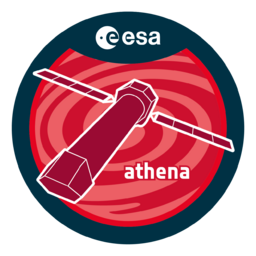
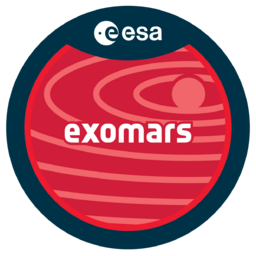
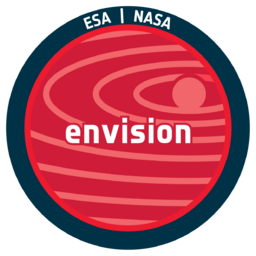
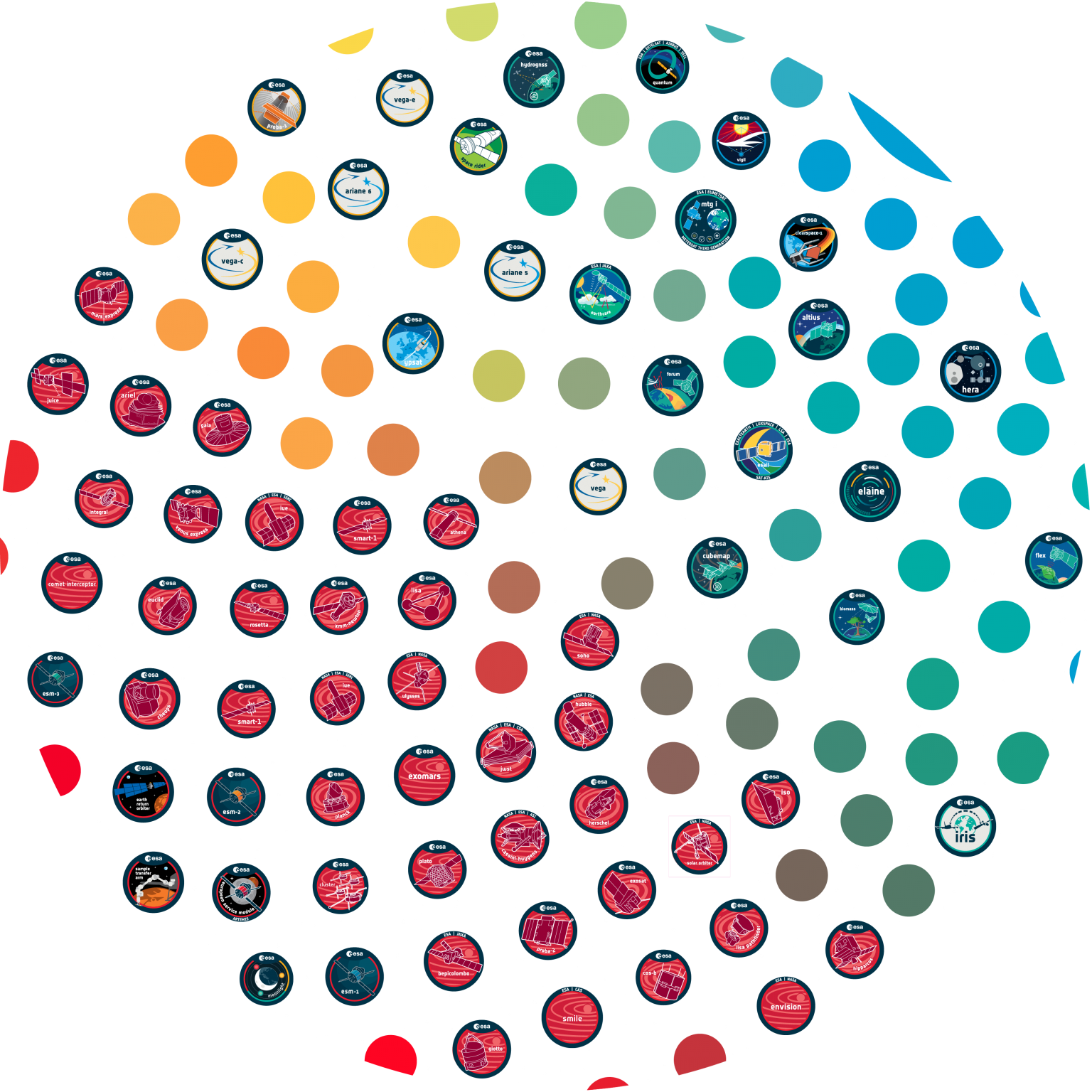
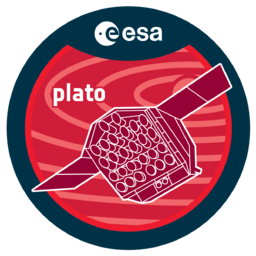
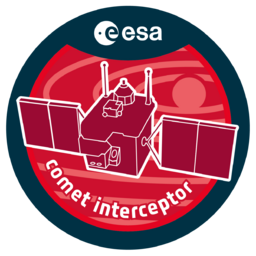

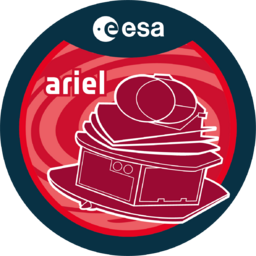
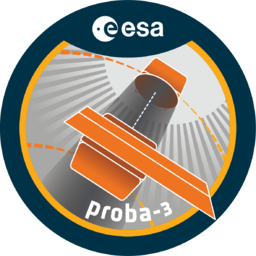
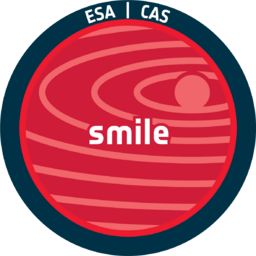
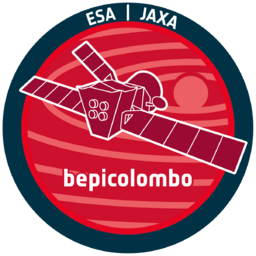
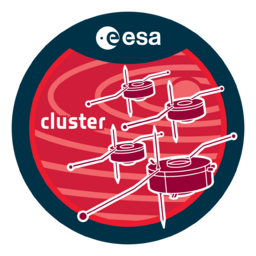
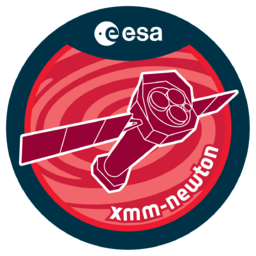
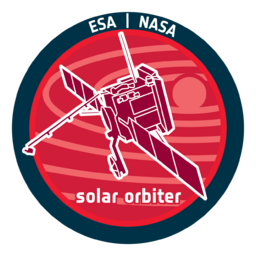
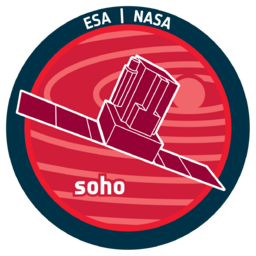
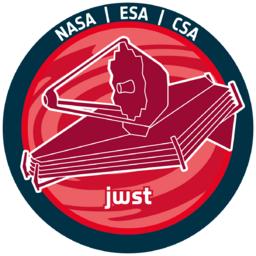
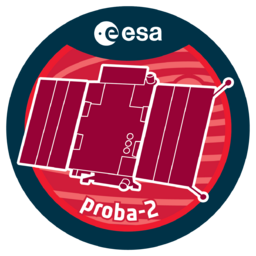
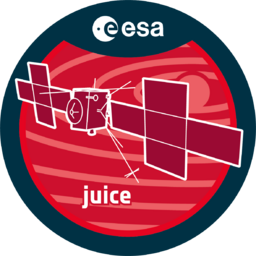
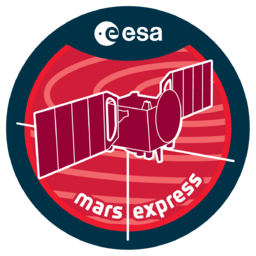
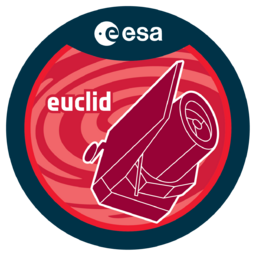
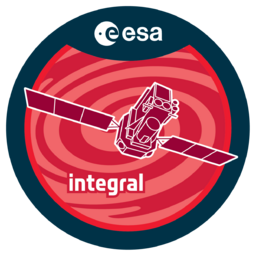
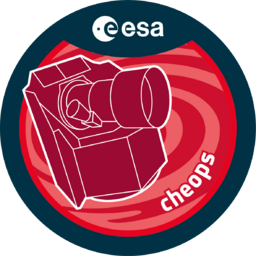
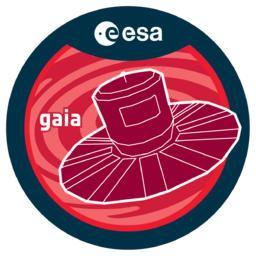
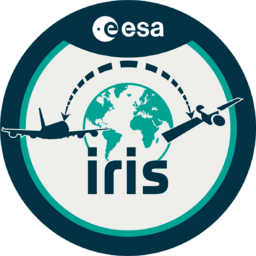
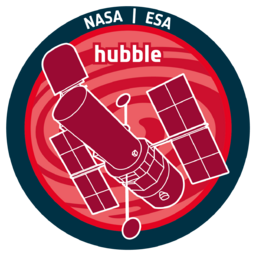
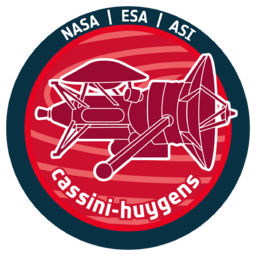
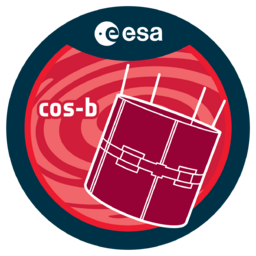
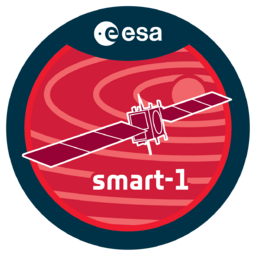
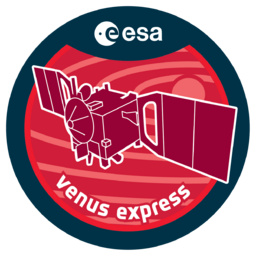
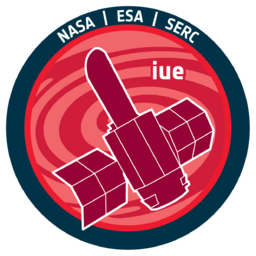
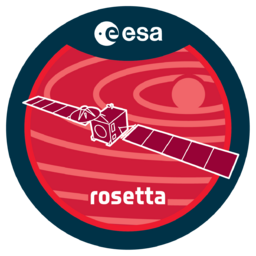
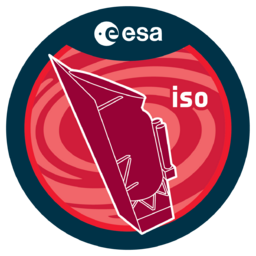

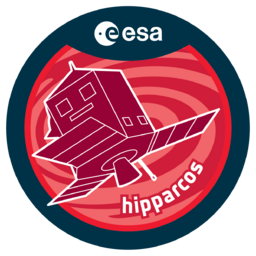
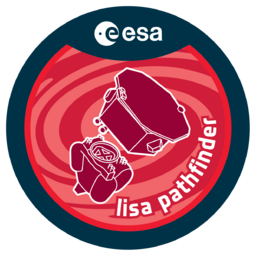
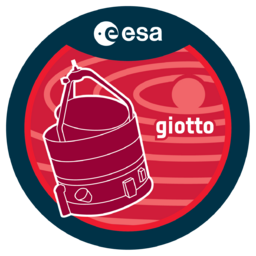
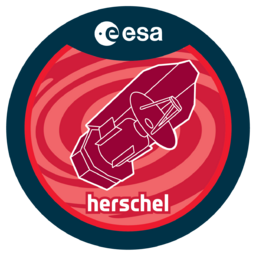
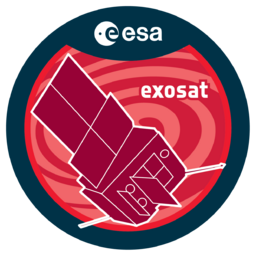
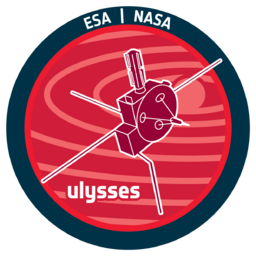

 Sign in
Sign in
 Science & Technology
Science & Technology












